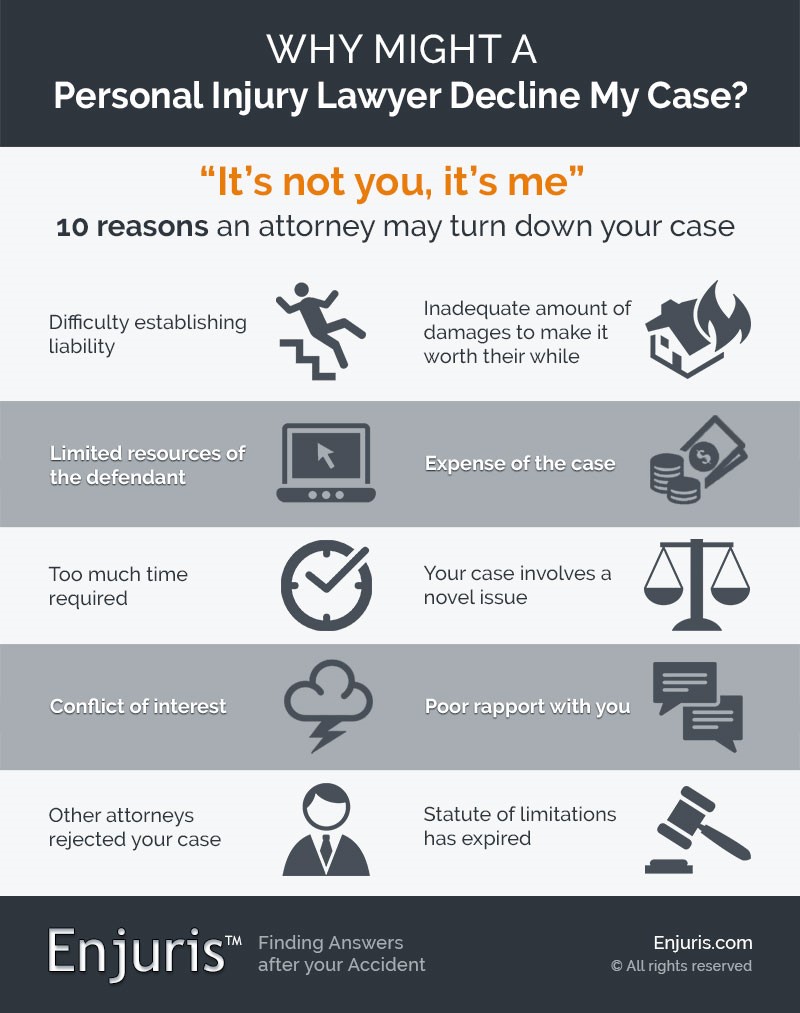When it pertains to landlord-tenant legislation, knowing your legal rights and obligations is crucial for both parties. You may assume you have a strong grasp on the essentials, yet there are typically nuances that can catch you off guard. Whether you're a property owner managing a home or a tenant searching for a steady home, comprehending the lawful landscape can make all the distinction. What could surprise you are the intricacies associated with navigating disagreements and expulsion procedures.
Recognizing Lessee Legal Rights and Responsibilities
When you rent a property, it's crucial to recognize your civil liberties and duties as an occupant. You have the right to a safe and habitable living setting, meaning your property manager has to preserve necessary services like home heating, pipes, and electrical power.
advantages of living trust vs will qualified to privacy; property managers normally need to provide notice prior to entering your system.
On the flip side, you are in charge of paying rent in a timely manner, maintaining the residential property clean, and not causing damages past typical deterioration.
Acquaint yourself with your lease arrangement, as it lays out details regulations and obligations. Recognizing these aspects not only protects you however also fosters a favorable relationship with your landlord.
Remain informed, and you'll navigate your occupancy more effectively.
Key Property Manager Commitments and Lawful Considerations
While you might know your civil liberties as a renter, it's similarly important to recognize your property manager's obligations.
Landlords have to offer a risk-free and habitable living environment, making certain that essential systems like heating, pipes, and electrical power are in functioning order. They're likewise responsible for making necessary repair work without delay and adhering to neighborhood building regulations.
In addition, landlords should respect your privacy by offering correct notification before entering your device, generally 1 day. They need to handle security deposits according to state legislations, consisting of returning them quickly after you vacate, minus any kind of legal deductions.
Understanding these commitments can assist you preserve a favorable relationship with your landlord and ensure your living situation satisfies lawful requirements.
Navigating Disputes and Eviction Processes
Conflicts between proprietors and occupants can emerge all of a sudden, making it vital for you to understand the processes associated with solving them.
First, https://www.wardandsmith.com/articles/buying-and-selling-real-estate-in-the-community-associations-universe is vital-- attempt to discuss concerns straight to locate a concession. If that fails, acquaint yourself with your regional legislations pertaining to disagreements and eviction. File simply click the next internet site : maintain records of communications, settlements, and any type of offenses.
If expulsion ends up being essential, guarantee you adhere to the lawful actions needed in your location, which often includes offering written notification and a certain timeframe for resolution.
Be prepared to go to court if the situation rises, as it may be your only choice. Understanding these procedures will certainly aid you navigate disagreements more effectively and safeguard your legal rights as either a landlord or tenant.
Conclusion
In summary, understanding landlord-tenant legislation is important for both celebrations involved in a rental agreement. By understanding your legal rights and obligations, you can promote a much better living environment and avoid problems. If disagreements emerge, remember that a real estate legal representative can aid lead you through the intricacies of expulsion processes and legal obligations. Remaining informed and proactive will make sure a smoother rental experience, whether you're a proprietor or a lessee.
